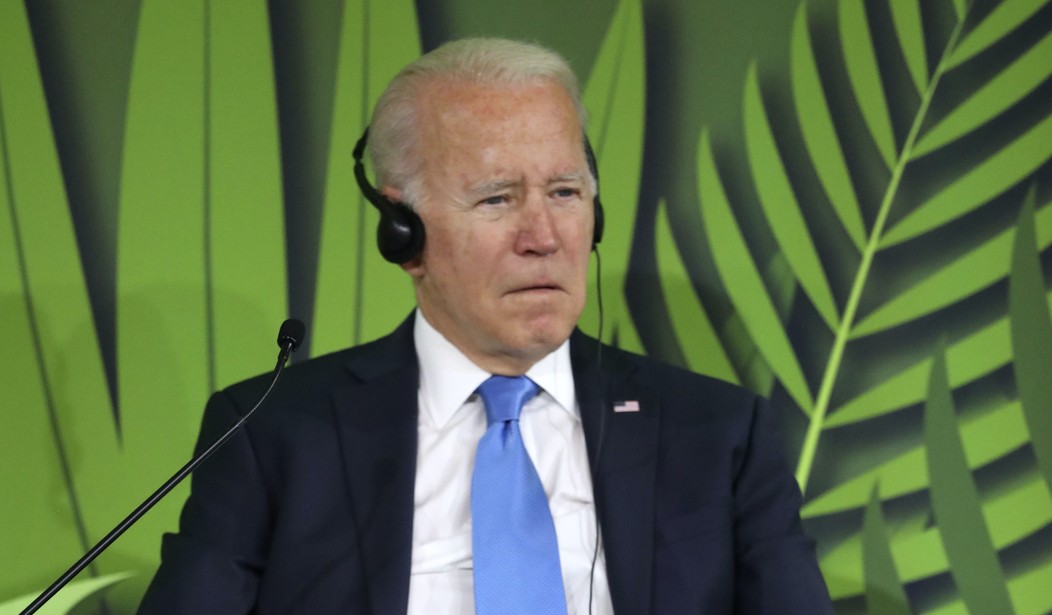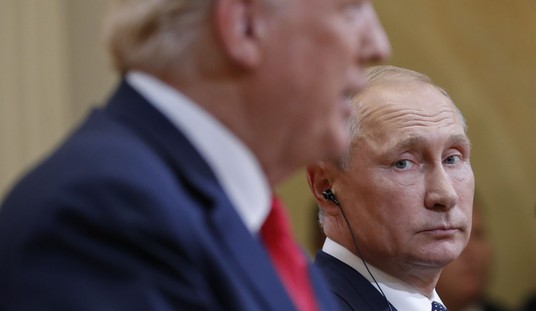The catastrophe in Ukraine was the outcome of the combined miscalculations of Vladimir Putin and Western politicians. The Russian leader embarked on a quest to restore his country’s historical greatness, while the West endeavored to preserve the Global World as it was. Both sides were firmly committed to the past, one to the re-establishment of the Soviet Union, the other to the pursuit of an environmentalist fantasy that effectively made Western Europe energy dependent on the Kremlin. The outbreak of war in Europe showed that living in the past was no longer possible.
The Russian Federation supplies a significant volume of fossil fuels and is the largest exporter of oil, natural gas and hard coal to the European Union. In 2017, energy products accounted around 60% of the EU’s total imports from Russia. According to Eurostat, 30% of the EU’s petroleum oil imports and 39% of total gas imports came from Russia in 2017. For Estonia, Poland, Slovakia and Finland, more than 75% of their imports of petroleum oils originated in Russia.
The West made a miscalculation of comparable magnitude to Putin’s by becoming energy dependent on the Kremlin to mollify their domestic Greens. They ignored the obvious danger that their money would fund aggression because invasion was inconceivable to them, though not, as it proved, to the siloviki, the clique of strongmen who control Russia. It’s another reminder of the danger of mirror imaging; to think the other guy wants what you want is always fraught. John Kerry’s reaction to the outbreak of hostilities was to observe it would hamper the campaign against climate change. But that was probably the farthest thing from Putin’s mind.
Yet if the tragedy occurred as a result of both sides working at cross-purposes, subsequent reactions are likely to take place in the same way. Putin may not want to return to the bosom of the old global world, as some Woke politicians believe. As one academic put it: “if anything, they [the Kremlin] view the looming Russia’s isolation and the forced return of the oligarchs to Russia as a benefit. Autarky and isolation facilitate repression, and further strengthens their position.” The oligarchs, driven in by the sanctions, must spend their money in Russia, instead of say, London or the south of France. War might even appeal to a section of the Russian public.
For the West, the disaster precipitated by the feckless pursuit of the Woke agenda is resulting in a partial ideological retreat in environmental and defense policy. Germany took steps to revive its nuclear power industry by extending the life-span of its remaining nuclear power plants. Even coal was back on the table, so great was the need for anything that could fuel power. “All options must be on the table,” said the German economic affairs and energy minister. Similarly, guns are respectable again in pacifist Europe. A worried Russian foreign ministry called on European Union and NATO countries on Saturday to “stop pumping weapons” to Ukraine to fight the invasion. But in the current political climate Europe not only might continue arming Ukraine, but also re-arm themselves as fast as they can.
The price for all the “targeted” sanctions aimed at Russia will be a vast increase of state power over every individual life. From the deactivation of Visa and Mastercard, the cutting off of some Russian customers from Apple Pay and Google Pay services, the regulation of cryptocurrency, to the Kremlin’s censorship of social media platforms, the combatants are squeezing individuals as a way of punishing the states they represent. There is a downside to Putin’s quest for autarky too. Russia will finish up having to fence every commodity through China, and thus become the indentured, junior partner in the Eastern half of a divided world. By invading Ukraine, Putin has undermined the system of oligarchs and strongmen that is the basis of his domestic power. From now on, the Chinese ambassador will be the second most important man in Moscow, after himself. The longer the war continues the smaller the gap between the Chinese embassy and himself.
In the end, the war in Ukraine will become a crisis in Russia and probably spell the end of the old Global World with its dream of the universal jurisdiction of soft power. For the immediate future the world is likely to be poorer, sicker, hungrier and more restricted than anyone would have predicted in 2019, which now seems like a long time ago. The confident ability to plan way into the future, to forecast the climate two decades hence, to remake society wholesale — is gone. In its place are more practical concerns.
The highest priority of American national security is strategic independence in manufacturing and energy production.
— Jacob Siegel (@Jacob__Siegel) March 7, 2022
This is quite reasonable. Why didn’t everyone think of it before? Maybe because crises are times when we recall that we’ve forgotten the obvious.
Books: The Strategy of Denial: American Defense in an Age of Great Power Conflict by Elbridge A. Colby. He was the lead architect of the 2018 National Defense Strategy, the most significant revision of U.S. defense strategy in a generation. Here he lays out how America’s defense must change to address China’s growing power and ambition. Based firmly in the realist tradition but deeply engaged in current policy, this book offers a clear framework for what America’s goals in confronting China must be, how its military strategy must change, and how it must prioritize these goals over its lesser interests. The most informed and in-depth reappraisal of America’s defense strategy in decades, this book outlines a rigorous but practical approach, showing how the United States can prepare to win a war with China that we cannot afford to lose—precisely in order to deter that war from happening.










Join the conversation as a VIP Member